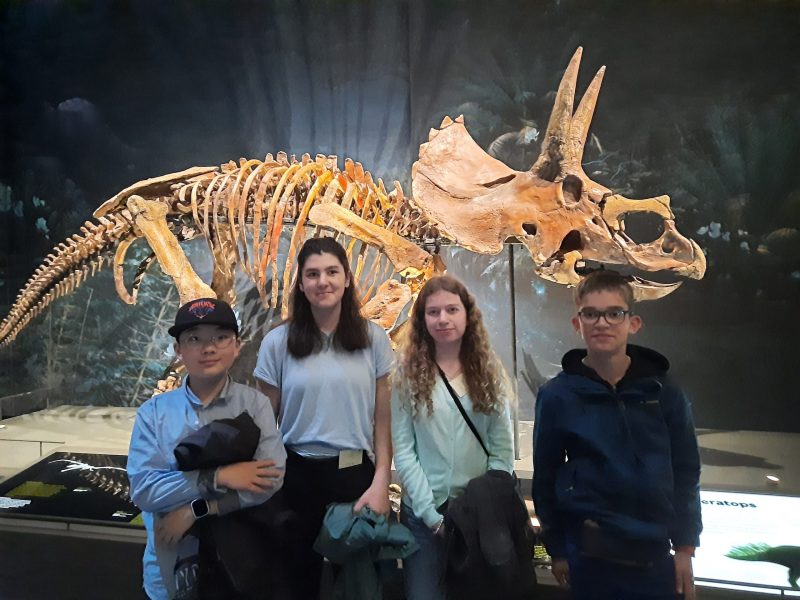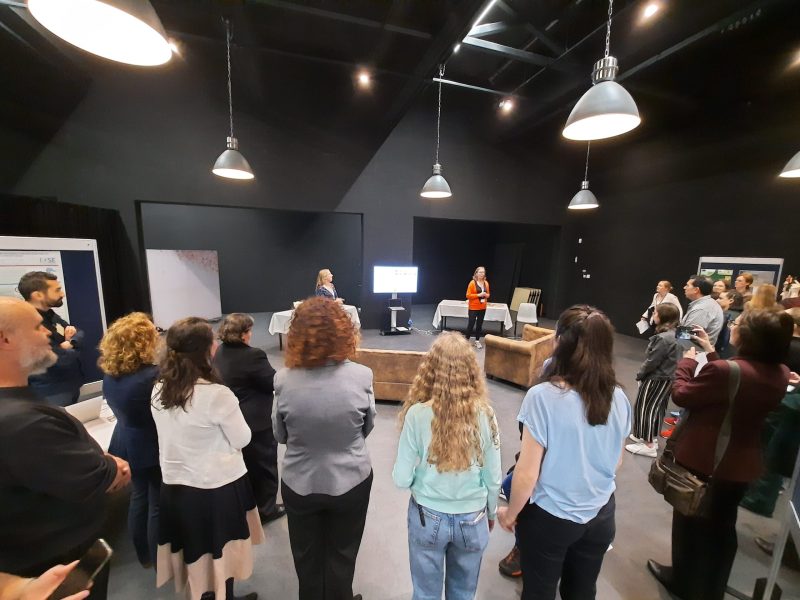WTM publishes ETE IV Conference Proceedings
by Michiel Doorman, Elena Schäfer & Katja Maaß
Abstract of Book
Our current society faces enormous environmental challenges. Now is the time to stand up for a sustainable future. This request for action also concerns our STEM education community to take the transformational potential of teaching and learning.

The ICSE Team at ETE IV.
Teachers are decisive factors in ensuring the achievement of creative and sustainable learning outcomes in mathematics and science education, in fostering young peoples’ competences and empowering them to become responsible and active citizens. We need to share good practices, research results and innovative classroom materials that allow for implementing approaches that support the implementation and scaling up of education for sustainability.
Educating the Educators (ETE) is an international conference series on professional development in STEM (science, technology, engineering and mathematics) education that brings together teacher educators, policy makers, teachers and various other stakeholders related to STEM education. The fourth edition of the ETE conference series was hosted by Utrecht University, ICSE and the Naturalis Biodiversity Center in the Netherlands, in collaboration with the MOST project.

A group of students at Naturalis Biodiversity Centre.

ETE IV focused on implementing and scaling up innovative teaching approaches in STEM education with an emphasis on open schooling for sustainability education. The aim was to discuss different ways of working, the roles of teaching materials, and structures needed for innovations in STEM education. ETE IV featured both traditional and innovative formats to benefit of a diverse circle of participants from research, practice and policy. Vivid exchange and collaborative work were ensured through spaces for co-creation. This volume reflects the main topics of discussion and the participants’ conference experiences.
You can access the full book for free through the link below.
